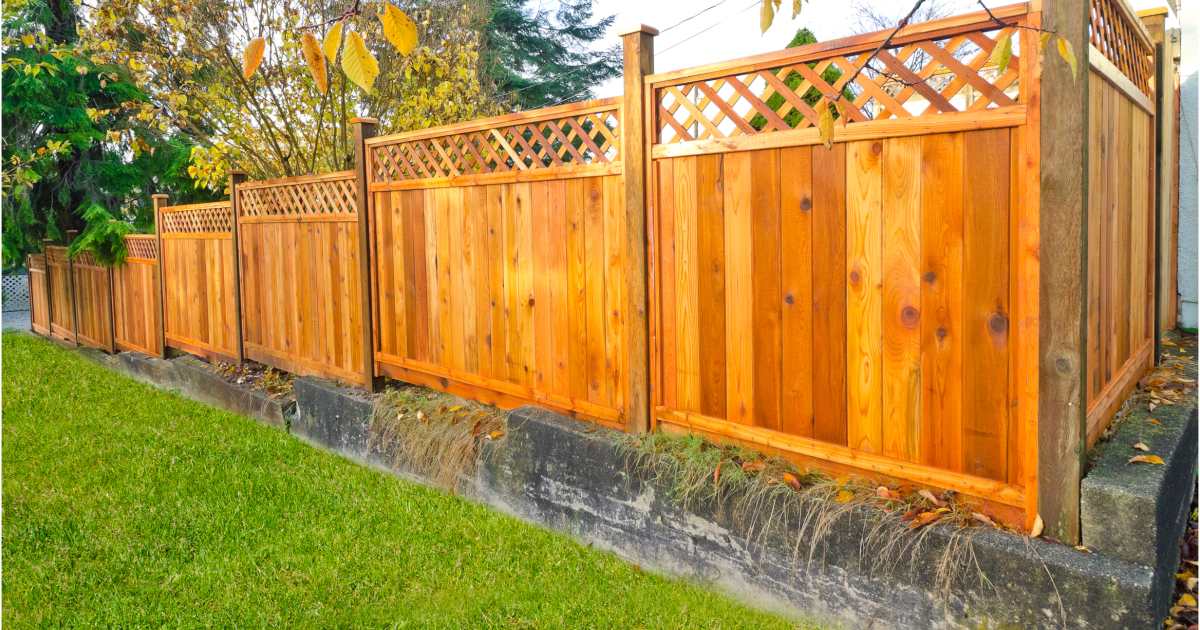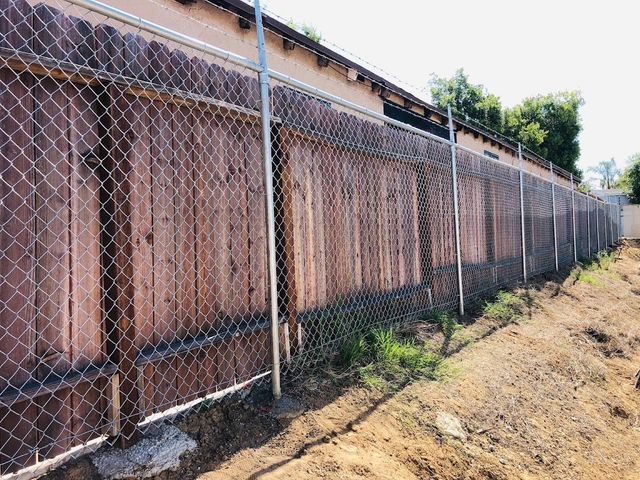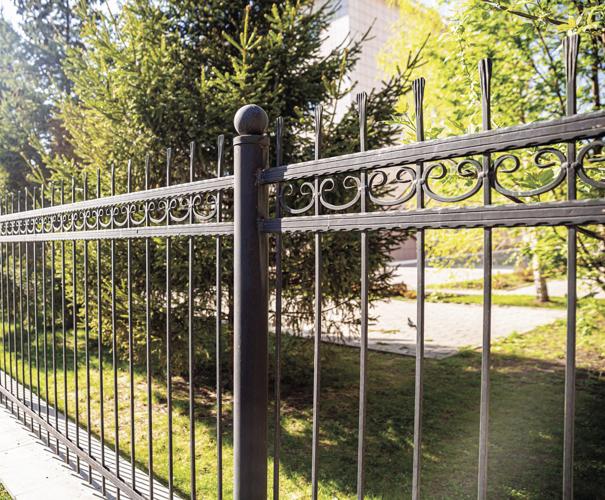All Categories
Featured

Choosing the ideal fencing material is crucial for accomplishing the balance of durability, aesthetics, and functionality that fits your residential property. Wood, vinyl, and light weight aluminum are popular choices, each with distinct features that satisfy details requirements. Here's a comprehensive take a look at the benefits and disadvantages of these three products.
Wood Fence. Pros:. Timeless Charm: Wood uses a natural, classic appearance that matches various building styles. Customizable: It can be repainted or tarnished in a variety of layouts and colors. Economical: Timber fencings are often more affordable ahead of time than vinyl or aluminum. Eco-Friendly: As a renewable energy, timber is eco-friendly and lasting when sourced responsibly. Cons:. Maintenance-Intensive: Requires regular staining, paint, or securing to protect against weather condition and pests. Much Shorter Lifespan: Depending upon the type of timber and climate, it commonly lasts 10-15 years. Vulnerability to Damages: Prone to decomposing, warping, and termite damages without appropriate treatment. Wood is excellent for house owners who value aesthetics and are prepared to spend effort and time in maintenance to prolong its life.
Plastic Secure Fencing. Pros:. Sturdy: Resistant to pests, rot, and weather condition, vinyl preserves its structure in rough conditions. Reduced Upkeep: Calls for little upkeep past occasional cleaning. Long Life-span: Plastic can last 20-30 years without considerable wear or damages. Flexible Styles: Readily available in different shades, appearances, and styles, including alternatives that mimic wood. Disadvantages:. Costly Setup: Plastic fencings are more pricey to mount compared to wood. Fragile in Cold Weather: Vinyl can fracture in severe cold climates. Tough to Fixing: If harmed, whole areas might need replacement, which can be challenging to match. Plastic fence is a fantastic option for those prioritizing long life and very little upkeep, also if it comes with a greater ahead of time price.

Aluminum Fencing. Pros:. Rust-Resistant: Light weight aluminum does not corrosion, making it optimal for damp or damp locations. Light-weight but Strong: Offers strength without being extremely heavy, which simplifies setup. Low Maintenance: Needs little greater than cleaning and periodic repainting. Durability: Aluminum fences can last for decades without substantial damage. Sophisticated Layouts: Commonly utilized for attractive purposes, aluminum includes sophistication to any kind of building. Disadvantages:. High First Price: Light weight aluminum fencings are amongst the a lot more costly alternatives. Minimal Privacy: Often created with open spaces, they don't obstruct views or sound. Susceptible to Dents: While tough, aluminum can be dented or curved with heavy impact. Light weight aluminum is best fit for those that desire a lasting, stylish fence and don't require complete personal privacy.
Making the Right Choice. Each material has its weak points and toughness:

Wood is excellent for eco-conscious purchasers and standard appearances who don't mind upkeep. Vinyl works for homeowners looking for a weather-resistant, low-maintenance service. Light weight aluminum is a resilient, decorative option for those that desire style and durability. Consider your concerns-- whether it's expense, personal privacy, upkeep, or appearance-- and consult a fence specialist to choose the product that ideal fulfills your requirements. A well-selected fence will enhance your residential property for several years ahead.
Latest Posts
Uncover the Premier Auto Repair Coupons in Montclare, Chicago
Published May 25, 25
1 min read
Check Out Premier Auto Repair Care offered by Montclare Auto Repair – Drive with Confidence
Published May 23, 25
1 min read
Enhance Your Building with Overhead Door Equipment
Published May 22, 25
1 min read
More
Latest Posts
Uncover the Premier Auto Repair Coupons in Montclare, Chicago
Published May 25, 25
1 min read
Check Out Premier Auto Repair Care offered by Montclare Auto Repair – Drive with Confidence
Published May 23, 25
1 min read
Enhance Your Building with Overhead Door Equipment
Published May 22, 25
1 min read